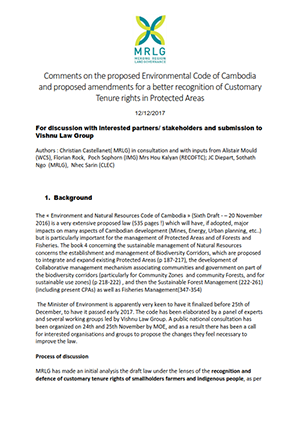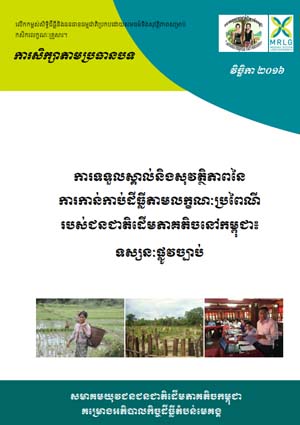Ngāruahine Claims Settlement Act 2016 (No. 93 of 2016).
The purpose of this Act, consisting of 152 sections, divided into four Parts and completed by four Schedules, is: to record the acknowledgements and apology given by the Crown to Ngāruahine in the deed of settlement; and to give effect to certain provisions of the deed of settlement that settles the historical claims of Ngāruahine.




